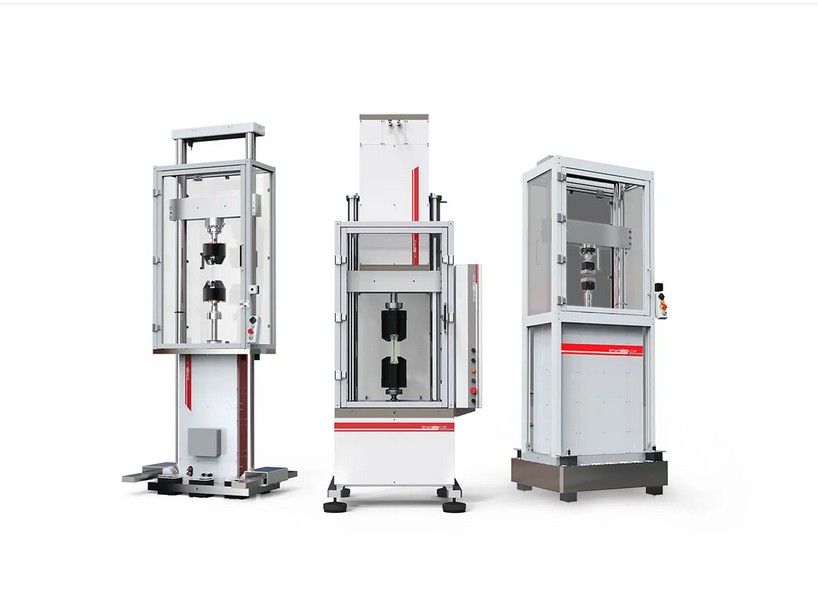
Low-cycle and high-cycle fatigue testing – why Step-Lab’s electrical machines are the future
Fatigue testing is essential in understanding how materials behave under repeated loading, helping manufacturers ensure the durability and safety of their components. Two primary categories of fatigue testing—low-cycle fatigue (LCF) and high-cycle fatigue (HCF)—provide insights into different stress environments and use cases.
What is low-cycle fatigue testing?
Low-cycle fatigue occurs when materials are exposed to high strain levels and fail after a relatively low number of cycles, typically below 10,000. LCF is often used for components that experience significant plastic deformation, such as those in turbines, pressure vessels, or structural parts in the energy and transportation sectors.
Testing focuses on understanding how materials absorb and dissipate energy under heavy loading. It provides critical data about strain-life relationships, crack initiation and material performance under extreme conditions.
What is high-cycle fatigue testing?
High-cycle fatigue, by contrast, involves low stress levels and a high number of load cycles, often in the range of millions of repetitions. This is crucial for evaluating components that are subjected to vibrations, oscillations, or small fluctuating loads over extended periods—such as in aerospace, automotive, or consumer products.
HCF testing identifies how microscopic cracks propagate over time, providing vital information about material longevity, resonance behavior and failure thresholds.
Why choose Step-Lab and electrical testing machines?
While hydraulic fatigue machines have been the industry standard for decades, Step-Lab’s electric dynamic testing systems represent a new generation of smarter, more sustainable and more efficient test technology.
Here’s why customers increasingly choose Step-Lab’s servo-electric machines for fatigue testing:
- Precision and control
Step-Lab systems offer superior control over displacement, force and strain, essential for both LCF and HCF testing. Advanced closed-loop control ensures repeatable, high-resolution performance, especially in tests requiring micro-displacement and high frequency. - Energy efficiency
Electric machines consume significantly less power than hydraulics. They eliminate the need for oil, pumps, and cooling systems, leading to lower operational costs and minimal environmental impact. - Low maintenance
Hydraulic systems require frequent maintenance due to oil leakage, hose wear and thermal degradation. In contrast, Step-Lab’s machines offer clean, low-noise operation with longer service intervals and lower lifetime costs. - High flexibility
Step-Lab machines support a wide range of applications—from quasi-static tensile tests to high-frequency fatigue cycles—making them ideal for research labs, universities and industrial R&D. - Compact footprint
Electric testing machines are generally more compact and modular, allowing for easier integration into test environments with limited space.
Invest in accuracy and sustainability
Whether you need to simulate a lifetime of service in a single test or verify the fatigue life of safety-critical components, Step-Lab’s electric fatigue testing machines provide unmatched accuracy, reliability and energy efficiency. As sustainability becomes increasingly important, switching to electric systems is a future-proof decision for any organization.